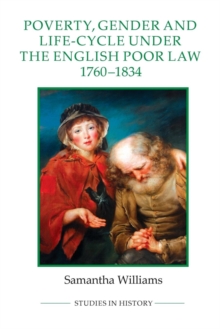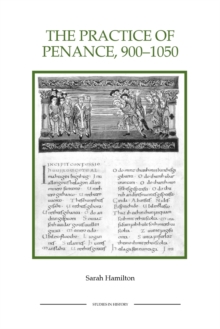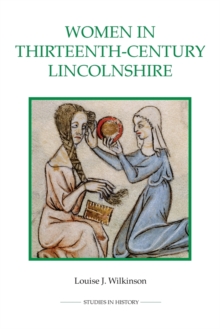
Massacre at the Champ de Mars : Popular Dissent and Political Culture in the French Revolution PDF
by David Andress
Part of the Royal Historical Society Studies in History New Series series
Description
The massacre exposed the widely differing ways in which post-Revolutionary Parisians construed the word "patriotism", and why the great Revolutionary goal of political unanimity was so elusive.
On 17 July 1791 the revolutionary National Guard of Paris opened fire on a crowd of protesters: citizens believing themselves patriots trying to save France from the reinstatement of a traitor king. To the National Guard and theirpolitical superiors the protesters were the dregs of the people, brigands paid by counter-revolutionary aristocrats. Politicians and journalists declared the National Guard the patriots, and their action a heroic defence of the fledgling Constitution. Under the Jacobin Republic of 1793, however, this "massacre" was regarded as a high crime, a moment of truth in which a corrupt elite exposed its treasonable designs. This detailed study of the events of July 1791 and their antecedents seeks to understand how Parisians of different classes understood "patriotism", and how it was that their different answers drove them to confront each other on the Champ de Mars.
David Andress is Professor of Modern History at the School of Social, Historical and Literary Studies, University of Portsmouth.
Information
-
Download - Immediately Available
- Format:PDF
- Pages:250 pages
- Publisher:Boydell & Brewer Ltd
- Publication Date:05/09/2000
- Category:
- ISBN:9781846150074
Information
-
Download - Immediately Available
- Format:PDF
- Pages:250 pages
- Publisher:Boydell & Brewer Ltd
- Publication Date:05/09/2000
- Category:
- ISBN:9781846150074










